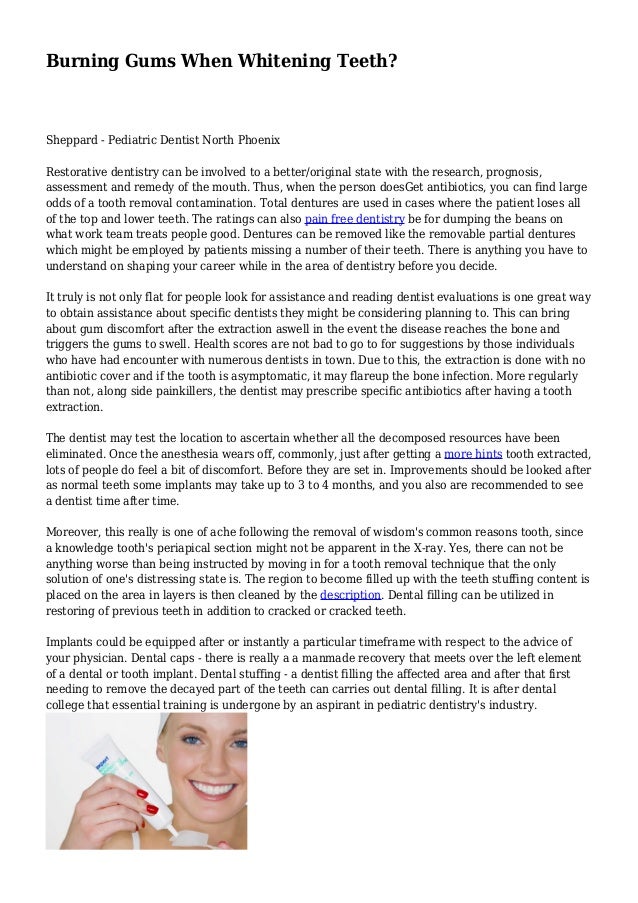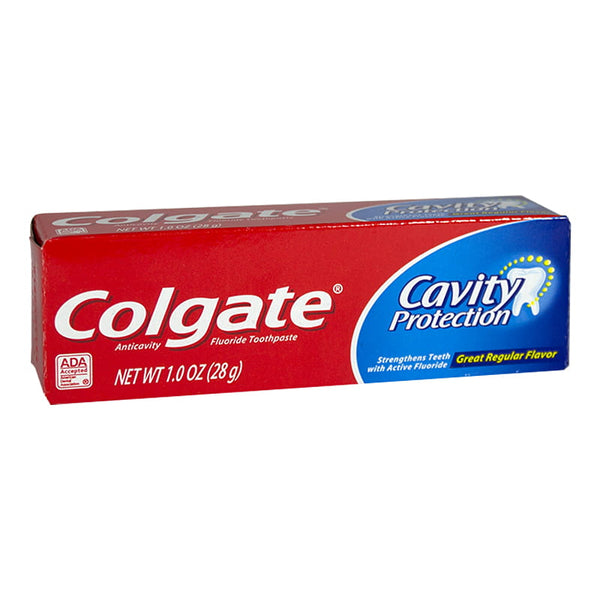Teeth Whitening Guide: Soothe Burning Gums

The quest for a dazzling smile can sometimes be overshadowed by the discomfort of burning gums, a common side effect experienced by many who undergo teeth whitening treatments. The sensation, often described as a sharp, stinging pain, can be alarming and may deter individuals from pursuing whitening procedures altogether. However, understanding the causes of burning gums during teeth whitening and exploring strategies to mitigate this discomfort can empower those seeking a brighter, healthier-looking smile to do so with confidence.
Understanding Teeth Whitening
Teeth whitening is a cosmetic dental procedure designed to remove stains and discoloration from teeth, resulting in a brighter, more uniform appearance. The process typically involves the application of a bleaching agent, such as hydrogen peroxide or carbamide peroxide, which penetrates the tooth enamel to break down and dissolve stains. While effective, the concentration of these agents and their interaction with the tooth and gum tissues can sometimes lead to sensitivity, including burning sensations in the gums.
Causes of Burning Gums During Teeth Whitening
Several factors contribute to the burning sensation experienced by some individuals during teeth whitening treatments: - Concentration of Bleaching Agent: Higher concentrations of hydrogen peroxide can increase the risk of gum irritation and sensitivity. - Exposure Time: Longer exposure to the bleaching agent can exacerbate gum sensitivity. - Individual Sensitivity: Some people may naturally be more sensitive to the ingredients in teeth whitening products. - Poor Gum Health: Existing gum conditions, such as gingivitis, can make gums more susceptible to irritation during whitening treatments.
Strategies to Soothe Burning Gums
Fortunately, there are several approaches to alleviate the discomfort associated with burning gums during teeth whitening: - Desensitizing Toothpaste: Using toothpaste specifically designed for sensitive teeth before, during, and after the whitening process can help reduce discomfort. - Adjusting the Concentration or Exposure Time: For those experiencing sensitivity, dentists may recommend using a lower concentration of the bleaching agent or reducing the duration of exposure. - Gum Protection: Applying a barrier to protect the gums before the whitening procedure can prevent the bleaching agent from coming into contact with gum tissue. - Professional Guidance: It’s crucial to undergo teeth whitening under the supervision of a dental professional who can monitor the process, adjust as necessary, and provide guidance on managing sensitivity.
Home Remedies for Gum Sensitivity
While professional teeth whitening offers the most dramatic results, some individuals may prefer at-home whitening kits or natural remedies. For those experiencing gum sensitivity from these methods, several home remedies can provide relief: - Salt Water Rinse: Rinsing the mouth with warm salt water can help reduce inflammation and soothe irritated gums. - Aloe Vera Gel: Applying aloe vera gel to the affected area can help calm the gums due to its anti-inflammatory properties. - Clove Oil: Known for its analgesic properties, clove oil can be applied topically to relieve pain and reduce inflammation.
Maintaining Gum Health
Preventing gum sensitivity begins with maintaining good oral hygiene. Regular brushing, flossing, and dental check-ups can help ensure gums are healthy and less likely to react adversely to teeth whitening treatments. Furthermore, avoiding tobacco products, limiting sugary and acidic foods, and staying hydrated can also contribute to overall gum health.
Emerging Trends in Teeth Whitening
As technology advances, so do the methods and products available for teeth whitening. Laser teeth whitening, for example, offers a more controlled and potentially less invasive alternative to traditional bleaching methods. Additionally, the development of whitening strips and toothpastes with gentler, yet effective, formulations provides consumers with a range of options tailored to their sensitivity levels and whitening goals.
Conclusion
The pursuit of a whiter, brighter smile does not have to be deterred by concerns over gum sensitivity. By understanding the causes of burning gums during teeth whitening and employing strategies to mitigate this discomfort, individuals can confidently embark on their journey to a more radiant smile. Whether through professional dental supervision, at-home remedies, or maintaining optimal oral health, there are numerous pathways to achieving teeth whitening goals while prioritizing the comfort and well-being of gums.
What are the primary causes of burning gums during teeth whitening?
+The primary causes include the concentration of the bleaching agent, exposure time, individual sensitivity, and pre-existing gum health conditions.
How can I reduce gum sensitivity before undergoing teeth whitening?
+Using desensitizing toothpaste, maintaining good oral hygiene, and consulting with a dental professional can help reduce gum sensitivity before teeth whitening.
Are there any home remedies to soothe burning gums after teeth whitening?
+In the realm of cosmetic dentistry, advancements are continually being made to balance effectiveness with comfort and safety. As such, the future of teeth whitening holds promise for even more tailored and gentle approaches, making the dream of a brighter smile more accessible than ever.

